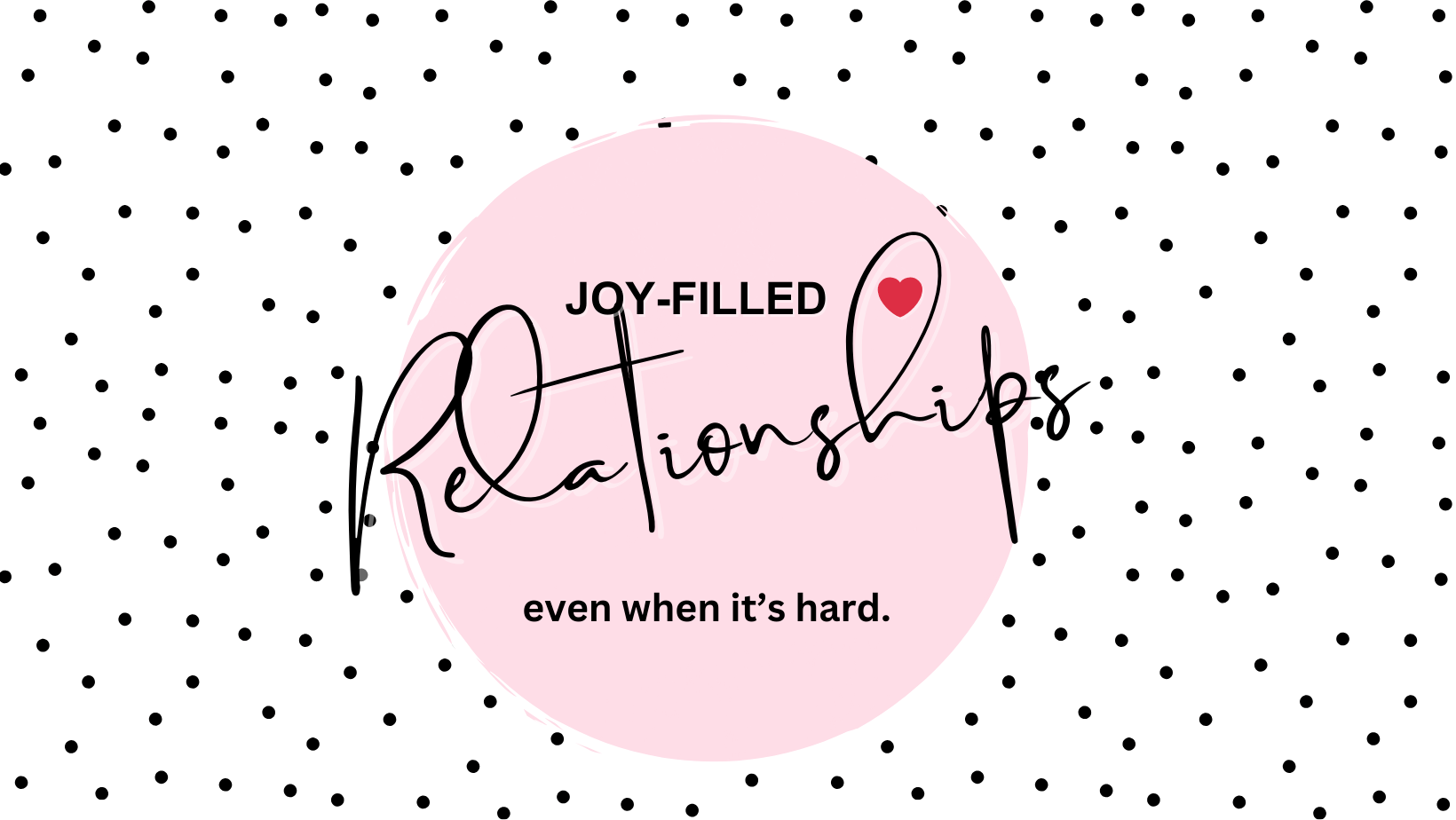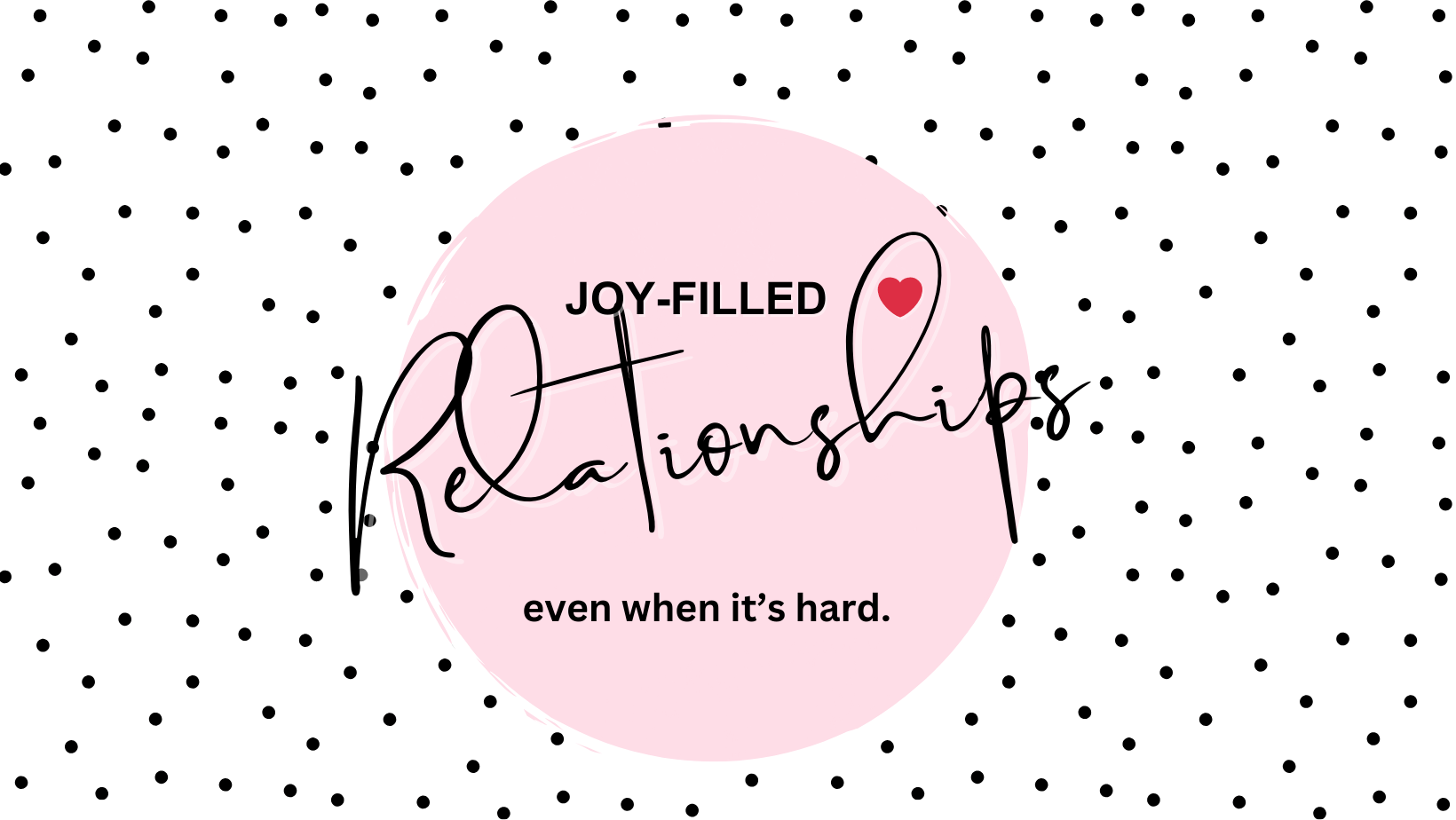Procrastination to some can be a minor problem; with others it is a source of considerable stress and anxiety.
Low Self-Confidence - Some may struggle with feelings of low self-confidence / low self-esteem, and insist upon a high level of performance (perfectionism) making the task more difficult than necessary.
Instant gratification. Reading, checking email or Facebook is easier than doing that project you’ve been putting off. Eating out or convenience foods are more appealing than planning a menu and cooking from whole food recipes. Watching TV as opposed to cleaning the house is certainly more enjoyable.
Fear or Dread. We might not write that chapter in our book because we are trying to come up with the perfect title, or we don't have all the dots connected on publishing it or putting the chapters in correct order. We are afraid of the unknown, which has more power because it just lurks in the back of our minds making us dread tasks and making them more difficult than necessary.
Avoiding negative consequences. There are no immediate negative consequences to watching TV, using the internet, playing games, or doing other procrastination tasks. We will pay for it later, but right now, we feel in control.
Overestimating how we will manage our time. We may have a list of things we plan to accomplish in the future because we believe we will be more productive and focused when we are rested, have someone else to help, are not as stressed, etc.. The reality can be worse than expected because we are assuming that even though we follow the same processes, we will experience different results.
4 Steps to Managing Procrastination
1 ~ Stop and think. When we allow certain thoughts to take up residence in our minds without really being conscious of them, we procrastinate. Instant gratification via goofing off or eating comfort foods can lead to future problems. Fears are only assumptions that immobilize us if we bow to them. Not having negative consequences now doesn’t mean there won’t be consequences later.
2 ~ Review the process. Usually we dread something before we actually are fully engaged in it. If we are willing to really consider how well it will work for us, we can learn to enjoy it and eliminate our dread of doing it. If you want to take a walk, avoid thinking too much on it -- just do it and enjoy the simplicity of the action. This process can be done with anything, from washing dishes to writing or sweeping the porch. Enjoy yourself in the moment and the activity can be very pleasant and even fun. If you can change your perspective you won't have the inclination to put it off.
3 ~ Find a partner in accountability. If no one is looking over our shoulder, we may cut ourselves more slack than we should. Find people to hold you accountable. Ideally, involving a friend who has the same desire to overcome something could be inspiring and helpful for both.
4 ~ Focus on the benefits you will receive. Think about how much you will enjoy the new color in your bathroom when the painting is all done. Consider how nice it will be to enter the holiday season having lost the 10 pounds -- it may be all the motivation you need to eat in moderation. Find what can work and it helps you eliminate what doesn't. Focus on what excited you about the project originally and hold that thought.
Characteristics for Determining if Procrastination is a Problem
Stubbornness - Procrastination may be used as an expression of stubbornness or pride. The person may feel he is able to eliminate his perceived control by others who he may think are trying to dictate his life. If we are unhappy or have unresolved issues with someone, we may withhold our best efforts in a project.
Manipulation - Procrastination may be used to control / manipulate others or it may be an effort to appear in control. Deliberately delaying a project can drive others crazy.
Coping with Pressures - Overcoming procrastination may be difficult because it may have become the choice method of coping with day-to-day pressures. This may provide a false sense of being in control when actually the opposite is true.
Benefits to Overcoming Procrastination
~ Peace of mind, a feeling of strength and purpose.
~ Healthy feeling of being in charge of your life.
~ Eliminates feeling weak, useless, and helpless.
~ Taking charge of your life helps you feel strong, competent, and capable.
~ Active participation tends to give you a positive attitude toward the activity.
~ You actually gain true, personal freedom.
~ You actually gain true, personal freedom.
It is possible to overcome procrastination and it's negative impact on you. Take time to savor even the smallest of victories, so you will remember how good it feels. This will help the next time you need encouragement.
Sheri Geyer is a Boundaries Coach for Women
Are YOU Ready to create Joy-Filled ❤️Relationships.... even when it's hard? If so, we need to talk!
I'd like to invite you to Sign Up for My Free Weekly Mastermind Group beginning June 18, 2024 on Tuesdays at 12 noon EDT, https://joyfilledrelationships.com/page/mastermind
Would you like to learn more about establishing healthy boundaries so that you can cultivate relationships that bring more joy? Join me on a 5-day Journey to do a deeper dive into discovering how you can find and maintain more joy-filled relationships... Sign up for Free here: https://joyfilledrelationships.com/landing/five-days


